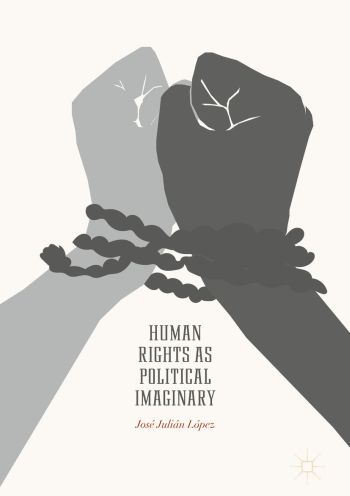
In this book, Lopez proposes the `political imaginary' model as a tool to better understand what human rights are in practice, and what they might, or might not, be able to achieve. Human rights are conceptualised as assemblages of relatively stable, but not unchanging, historically situated, and socially embedded practices. Drawing on an emerging iconoclastic historiography of human rights, the author provides a sympathetic yet critical overview of the field of the sociology of human rights.
The book addresses debates regarding sociology's relationships to human rights, the strengths and limits of the notion of practice, human rights' affinity to postnational citizenship and cosmopolitism, and human rights' curious, yet fateful, entanglement with the law. Human Rights as Political Imaginary will be of interest to students and scholars across a range of disciplines, including sociology, politics, international relations and criminology.